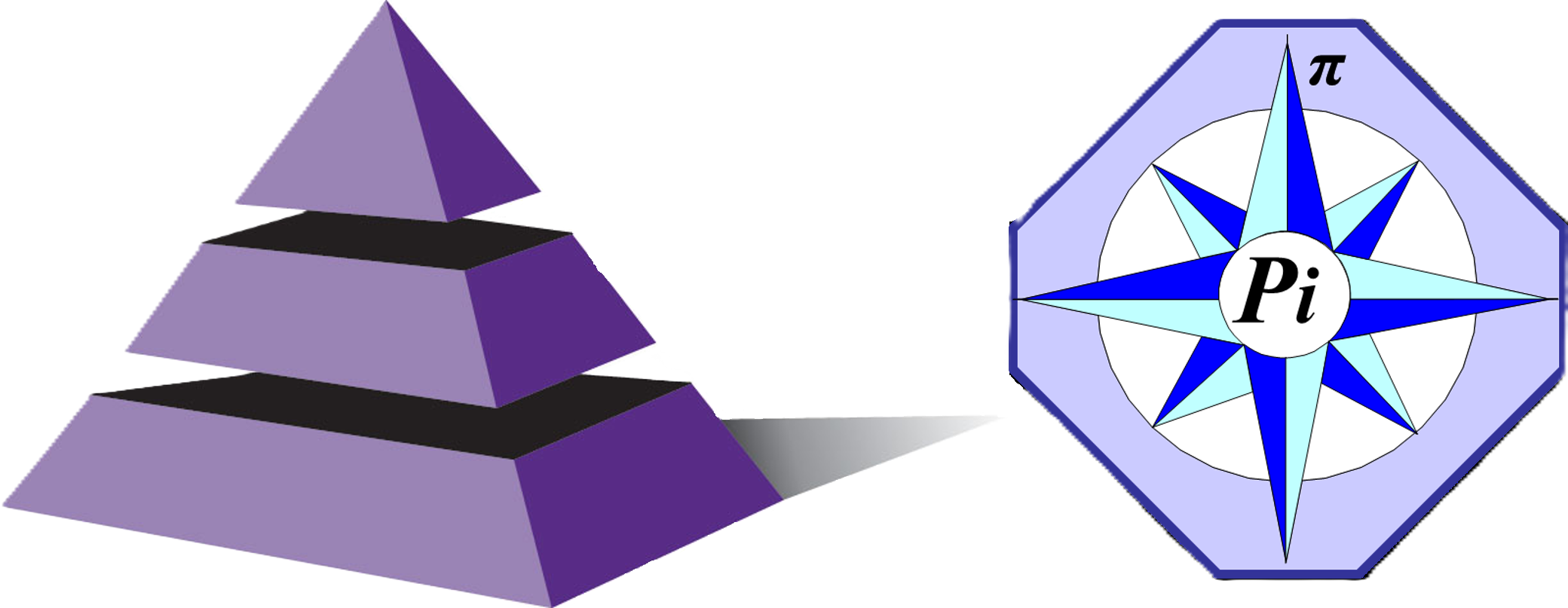Corps report on sustainability, kinda
Good news corporations are reporting on sustainability-related issues, especially those risks associated with operating a business that does not account or consider the areas where they are not sustainable. Operations in the UnSustainable Zone have lots of risks such as, for example, the company may not really be profitable. Cheap coal, is not nearly so cheap when you figure in all the negative externalities: pollution, health, CO2, coal ash… Check out this WSJ article about…
